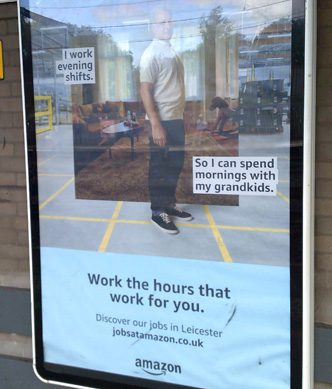Police Scotland deputy chief constable David Page’s evidence to the criminal justice committee of the Holyrood Parliament was a first sign of the prospect of further cuts to policing and wider criminal justice budgets. That ‘Austerity 2.0’ will affect policing and private security profoundly, just as the first austerity did in the early 2010s, writes Mark Rowe.
David Page’s remarks to the MSPs were backed by a written submission by the all-Scotland police force, and similar submissions by the fire service. To paraphrase Mr Page, he warned that if police had to cut (or had to manage a real-terms cut if their budget went up by less than inflation), it would affect the service, because most (86 per cent) of Police Scotland’s budget goes on pay. As in other public services, a pay rise might have to come at the expense of job cuts. Or, the force would have to find (further) savings, such as closing (more) buildings, or halting roll-out of kit such as body-worn cameras, and electric vehicles.
If police are only able to do less, the private security industry may feel that it will have more business. Even if that is true and is a good thing, it may have wider, unwelcome, ramifications. It’s wrong to assume that contract guarding companies want to take on police-like work. Pre-covid, one guard firm MD explicitly said that he did not want to be like the police – given that private security would not have the police’s powers, or back-up.
We can now see that the 2010s austerity was a watershed – from police being suspicious of private security and pushing against any effort by security companies to police public space, to police not only allowing that, but encouraging uniformed security to ‘own’ public space, if only by facing outwards from their doorsteps. That change happened at different times in different towns and force areas and was seldom accompanied by an acknowledgement. It has led to a patchwork – some places, such as York, Plymouth and Winchester, having on-street private security, whereby if you shout ‘stop thief’ or trip on the pavement and need to go to hospital, chances are the first responder is a (SIA-badged) private security warden or officer, who if necessary will call the 999 services.
As with any contract, such work can come to an end, especially if retail and high streets are entering hard times; but the trend is if anything for such contracts to continue or even expand. Another guarding firm MD who works in that quite specialised space remarked recently to me how difficult it is to find suitable candidates as patrollers. For while not to discount the skills in working a door, it’s one thing to say ‘not tonight’ to young drunks; and another to do the right thing with a homeless person, or on-street drinkers, or an addict zonked out on the pavement.
Austerity then will do more than stretch police even further and provide business opportunity for private security; it will add to demands on those security officers – requiring kit, a reporting system to record incidents, and ‘soft skills’, people skills, whatever you want to call it, the ability to dynamically risk-assess and have a conversation with muddled, meandering people that nevertheless gets them to move on or stop misbehaving. If, as Mr Page suggested, police become ‘quasi military’ and do less, or rather only respond to the most serious incidents, that implies private security will be only doing more of those so-called low-level interventions.
As Mr Page also said, police cuts may mean fewer of the ‘nice to haves’ such as liaison police officers on campuses – that is, the very links between police and private security that make it easier for private security to take up the slack.
It may merely mean that campuses, shopping malls and the like are expected to put their hands in their pockets and pay (twice) for police. Or, that resources are stretching too far, whether those in uniform are police or contract security, will only become apparent in a time of crisis.
A factor not present in the austerity of a dozen years ago is inflation. Here may lie a reason for the vacancies unfilled not only in contract guarding but in other services such as hospitality. Or, it may not. Adverts such as Amazon’s for its warehouses stress work-life balance. Warehouse work and security work has much in common – indeed, warehouses have gatehouses. Both sorts of work are 24-hours, that is, may involve unsocial hours. Workers may weigh up pay and conditions, including travel to work distance (the advert pictured was on a Tamworth railway station platform for jobs in Leicester, an hour away by train); and may judge that the only way to keep up with inflation is to keep moving, even if only for the proverbial ten pence an hour.









